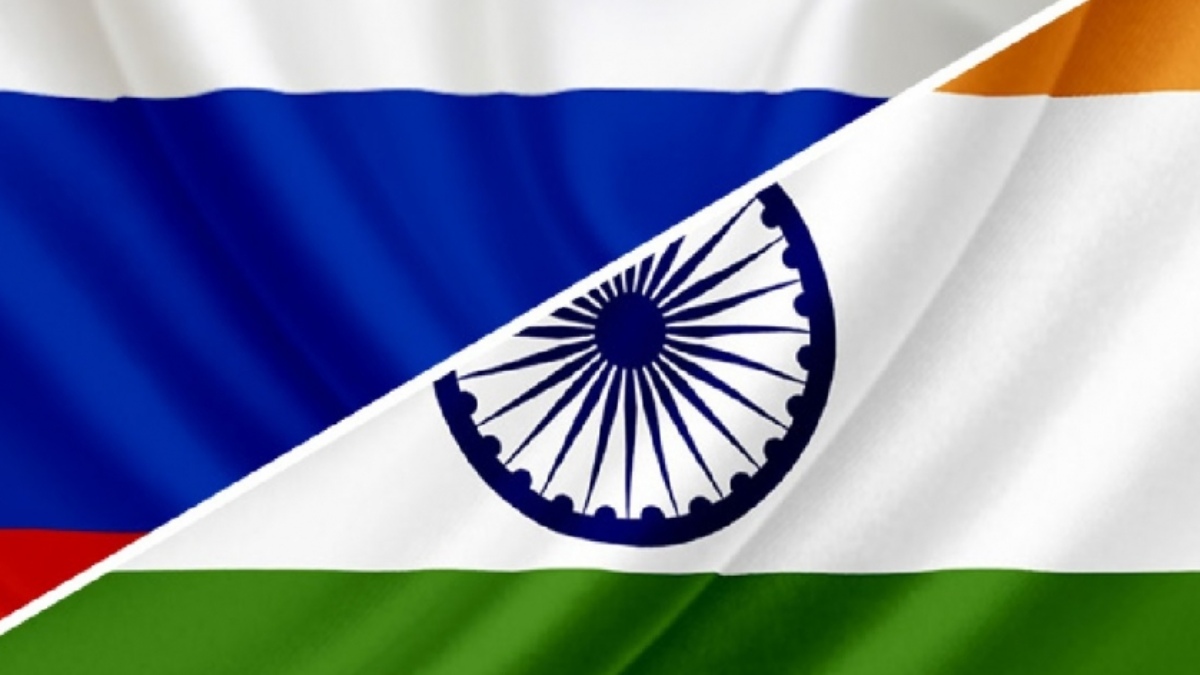


Amid tensions between Russia and Ukraine, India on Thursday said that quiet and constructive diplomacy is the need of the hour and any steps that increase tension may best be avoided by all sides in the larger interest of securing international peace and security.
Delivering India’s statement at UN Security Council on the Minsk-II Agreements, Permanent Representative to the United Nations, T.S. Tirumurti said the issue can only be resolved through diplomatic dialogue. He said India welcomes the efforts underway for the implementation of the “Minsk Agreements” including through the Trilateral Contact Group and under the Normandy format.
He said India has been in touch with all parties concerned and New Delhi’s interest is in finding a solution that can provide for immediate de-escalation of tensions taking into account the legitimate security interests of all countries and aimed towards securing long-term peace and stability in the region and beyond.
“We reiterate our call for the peaceful resolution of the situation by sincere and sustained diplomatic efforts to ensure that concerns of all sides are amicably resolved through constructive dialogue,” he said.
Tirumurti said more than 20,000 Indian students and nationals live and study in different parts of Ukraine, including in its border areas.
“The well-being of Indian nationals is of priority to us,” he said.
Tirumurti said India believes “Minsk Agreements” provide a basis for a negotiated and peaceful settlement of the situation in Eastern Ukraine. “Accordingly, we urge all parties to continue to engage through all possible diplomatic channels and keep working towards the full implementation of the ‘Minsk Agreements’,” the
statement said.
He said India also believes that meetings under the Normandy Format will further facilitate the implementation of the provisions of the “Minsk Agreements”, including its key security and political aspects.
“In this context, we welcome the recent meetings of Political Advisers of Normandy Format countries in Paris and Berlin. We also welcome the unconditional observance of the July 2020 ceasefire, the reaffirmation of ‘Minsk Agreements’ as the basis of work under the Normandy Format and the commitment of all sides to reduce disagreements on the way forward,” India said.
“Any steps that increase tension may best be avoided by all sides in the larger interest of securing international peace and security. Quiet and constructive diplomacy is the need of the hour,” he said.
Earlier, India called for immediate de-escalation of Russia-Ukraine border tensions. Tirumurti said the Russia-Ukraine military tensions can only be resolved through diplomatic dialogue.
Tensions over Ukraine have increased in recent months, with Russia and NATO accusing each other of amassing troops on the Russian-Ukrainian border.
INDIA COMMITTED TO RULES-BASED ORDER: US
Meanwhile in Washington, the US Department of State spokesperson, Ned Price said on Wednesday that during the recent Quad meeting in Melbourne, “There was a discussion of Russia and Ukraine in the context of the Quad meeting that we had with our Indian counterparts, our Japanese and Australian allies. There was a strong consensus in that meeting that there needs to be a diplomatic—a peaceful resolution to this. One of the core tenets of the Quad is to reinforce the rules-based international order, and that is a rules-based order that applies equally in the Indo-Pacific as it does in Europe, as it does anywhere else.” Price was responding to a query regarding Secretary Antony Blinken’s meeting with India’s External Affairs Minister S. Jaishankar a few days ago and whether the US thinks that India is supporting it in the Russia-Ukraine issue.
“We know that our Indian partners are committed to the rules-based international order. There are any number of tenets to that order. One of them is that borders cannot be redrawn by force, that large countries cannot bully small countries; that only the people of a particular country can be in a position to choose their foreign policy, their partnerships, their alliances, their associations. Those are principles that apply equally in the Indo-Pacific as they do in Europe,” he said
While asking about whether Secretary Blinken raised the issue of CAATSA sanctions or India buying S-400 from Russia, the State Department spokesperson said: “There was a discussion (during the bilateral meeting in Melbourne) of our broad defence relationship, but I wouldn’t want to characterize it beyond that.”